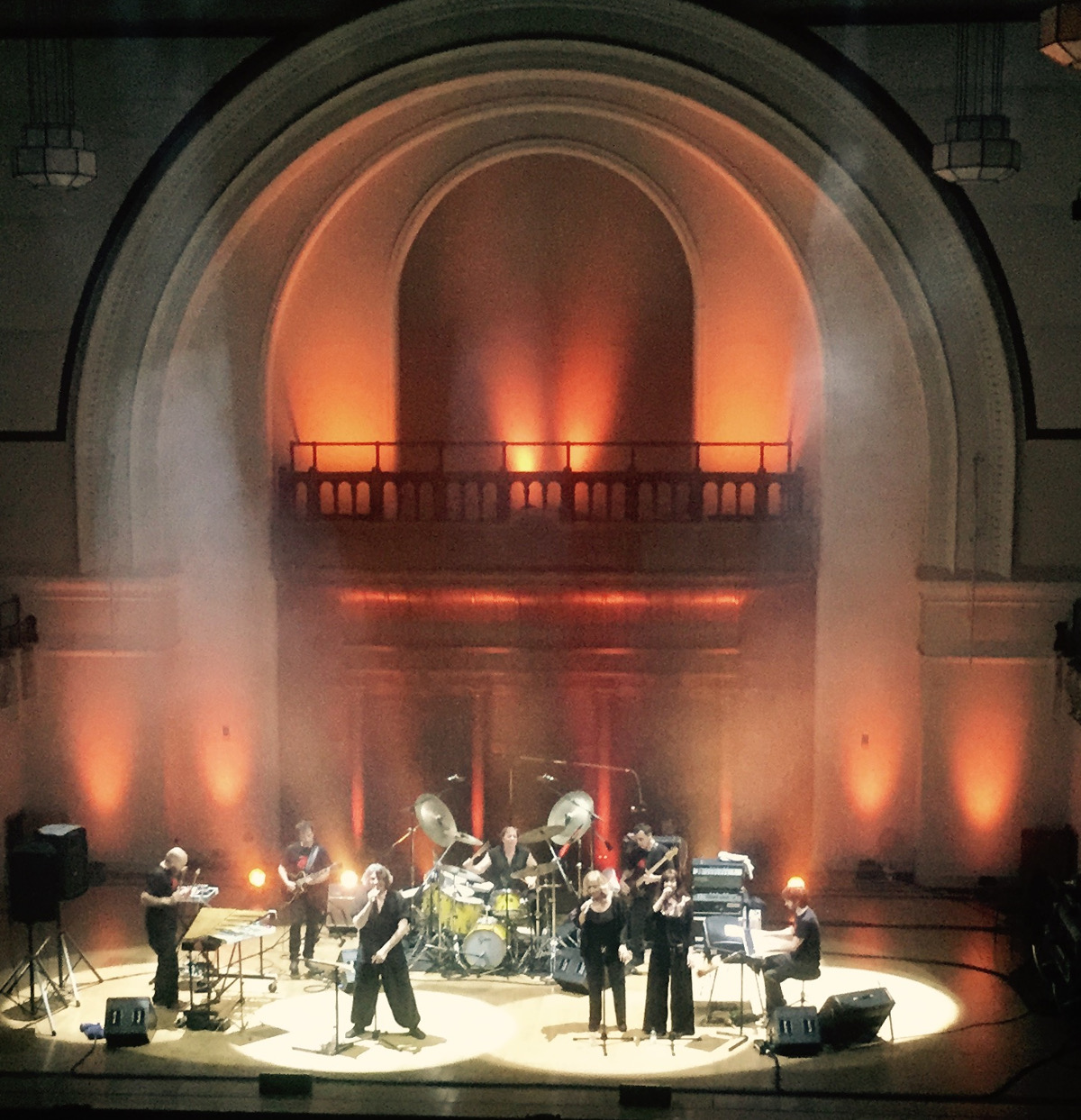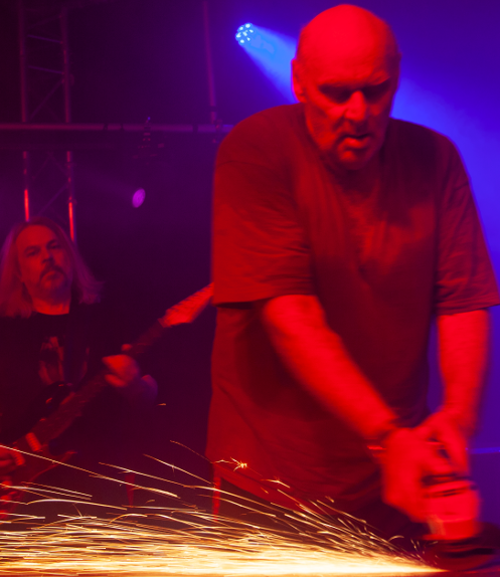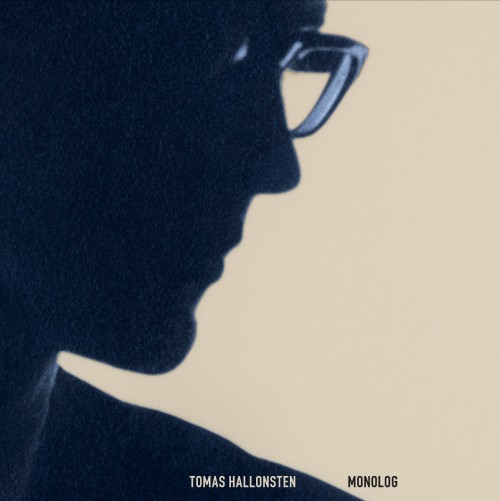 Surnatural Orchestra saxophonist Nicolas Stephan‘s idea for the Paar Linien project was to interweave contradictory lines in one piece of music to see how they worked together. Enlisting assistance from Basil Naudet on alto sax and guitar, Louis Freres on bass and drummer Augustin Bette, they take off into the hinterland between Chicago-style post rock and the freer stylings of the likes of Ornette Coleman.
Surnatural Orchestra saxophonist Nicolas Stephan‘s idea for the Paar Linien project was to interweave contradictory lines in one piece of music to see how they worked together. Enlisting assistance from Basil Naudet on alto sax and guitar, Louis Freres on bass and drummer Augustin Bette, they take off into the hinterland between Chicago-style post rock and the freer stylings of the likes of Ornette Coleman.
Throwing together wobbly sax, awkward but tough, angular guitar and a stuttering rhythm, the group sets out the first of the ligne experiments, and it also has a touch of free jazz exuberance that bounces in unexpectedly. Some drift and meander a little with harsh interjections to keep the listener on their toes. The bassist brings the funk on ligne number two, although everybody else ignores it; and just when you think yo might have the ligne set sorted in your mind, part three is a frantic cymbal fest, kaleidoscopic horns and ambient tones vying for attention before veering off into waltz time. Elsewhere, martial drumming tries to corral the hooting horns that trace circles around one another like wary cats.
Of the other tracks, “La Danse de Tristan” has the kind of churning post rock rhythm that was coming out of Chicago in the nineties and which I miss terribly. The juxtaposition of the heavy bass and light horn layers feels like the conversation you have with the hyperactive friend, the subject of which changes in the blink of an eye and which you really have to concentrate on to stay abreast of. You have the feeling that the players are trying to shake one another off in the sturdy rhythm of “Grand Marguerite” and Stephan’s voice when it arrives is a further soft layer which follows its own path with no attention paid to the song structure. There is opportunity for everybody’s input to be appreciated here, and the scurrying drums are particularly enjoyable on “Acts Of Violence”, dragging everyone along with the needling, angular guitar arguing and poking all the way.Interestingly, the album draws to a conclusion, meandering in a lovely haze. The feeling of being lost but not really worried about it, because the sun is out and the sky is blue, and home wasn’t that essential anyway. You can watch the day unfold serenely around you and then lapse into silence. This album is a journey of epic proportions that equally lulls and thrills, but finally leaves you satisfied. As a one-off, it is a unique snapshot and well recommended.
-Mr Olivetti-



